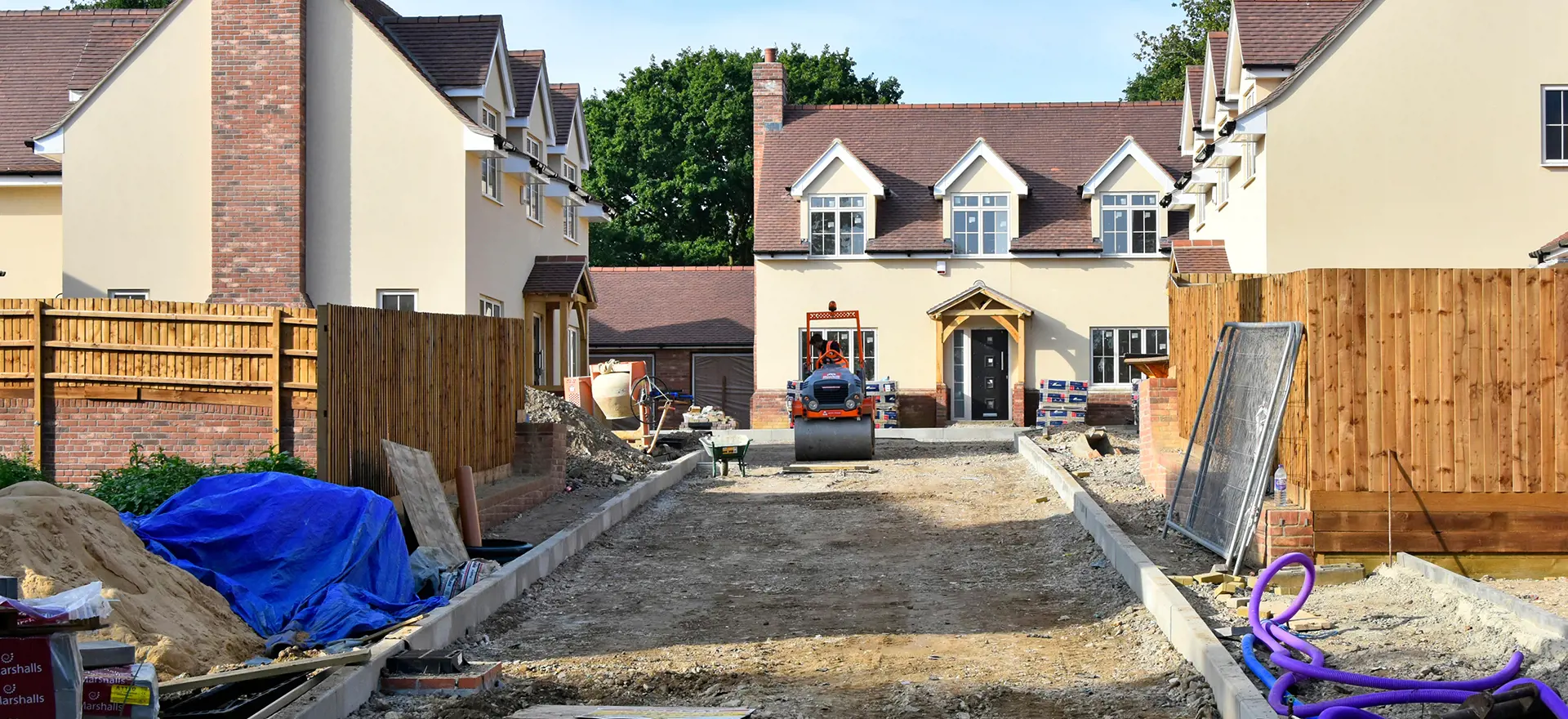
Levelling Up and Regeneration Bill progress
Paddy Hynes
20 Dec 2022
After its third reading in the Commons, the Levelling Up and Regeneration Bill (LURB) has now been introduced to the House of Lords. Following a rocky couple of months, in which a flurry of backbench rebellions – and a new Prime Minister – brought areas of the Bill into contention, it has come out the other side, 24 sections longer, but with the support of the first chamber. It is now left to the Lords – who are set to debate the LURB on the 17th January 2023 – to agree on it in before it becomes law.
The Bill’s second reading (passed in November) contained relatively few amendments, with the headline being an amendment which meant that the Infrastructure Levy could now be allowed to be spent on things other than the delivery of infrastructure.
However, against a different political backdrop, amendments in the third reading were greater in both number and importance as a wave of Conservative backbench rebellions left the Department for Levelling Up, Housing and Communities in some difficult negotiations to keep the bill alive. Some standouts include:
-
Power afforded to the incumbent minister to repeal and revoke a wide range of statutes relating to planning, development, and compulsory purchase legislation.
-
Powers for LPAs to decline to determine applications in cases where it is shown the developer has a history of non-implementation.
-
New requirement for developers to provide local planning authorities with progress reports about the actual and projected delivery of new homes for each reporting period (annually until completion), on sites with residential planning permission.
-
Provisions to allow councils to benefit financially from land allocations through community land auctions, which allow landowners to grant a community land auction option for the land, with a view to the land being allocated in the local plan. The LPA may then either sell the option to a developer, exercise the option and sell the land, or exercise the option and develop the land themselves. In any case, the council can pass on the benefits provided by an uplift in the land’s value to support the local area.
-
An evolution of the street votes idea, which now gives communities power to grant planning permission through a street vote development order in an area, where the Secretary of State has made provisions to do so. Provisions would also allow SoS to direct a CIL charging authority to review their schedules in respect of CIL arising from a street vote development order.
-
New powers for LAs to require registration of short-term rental properties, prohibiting the promotion of a property for short-term rental if it is not registered.
-
Technical amendment to tighten what councils can consider to be granting planning permission for self-build and custom housebuilding, and as such how it is counted towards satisfying the demand, set out in the Self-Build and Custom Housebuilding Act 2015.
-
New requirement for water companies to upgrade sewage treatment works to unlock permissions in catchment areas affected by nutrient pollution.
Lichfields will continue to monitor the progress of the LURB and to consider its implications - and what they will mean for our clients. As it stands, the Bill appears likely to pass smoothly to Royal Assent in its current form. However, if the past few months have reminded us of anything, it is that even a week is a long time in politics.


